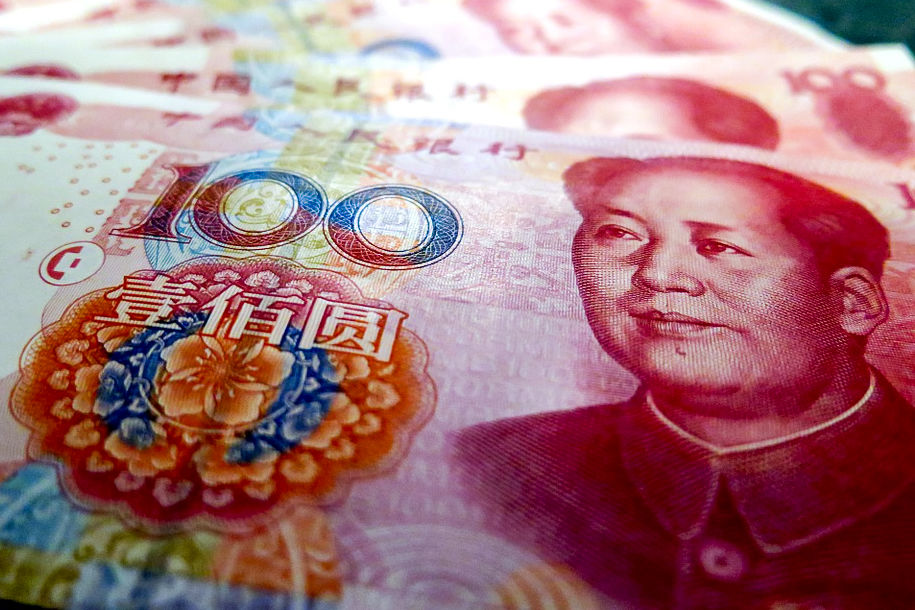American companies are being accused of putting profits ahead of human rights when it comes to the ongoing Hong Kong protests.
On Oct. 4, Houston Rockets General Manager Daryl Morey tweeted an image with the message “Fight for freedom, Stand with Hong Kong.” According to The Washington Post, the image caused controversy as it was quickly deleted, and the NBA seemed to try to distance themselves from Morey.
Currently, Hong Kong is experiencing a series of protests against mainland China, and the Houston Rockets are a favorite for many Chinese audiences. The Washington Post continued to say attention was drawn to the NBA by multiple critics, including both Democratic and Republican politicians, as many believed the NBA was placing the Chinese market over the livelihood of Hong Kong residents.
Apple and Google have recently been accused of extending Chinese censoring in regards to Hong Kong. According to The Wall Street Journal, both companies took down apps related to Hong Kong’s protests.
According to Polygon, on Oct. 8, video game company Blizzard Entertainment suspended a player known as “blitzchung” from its Hearthstone Grandmasters tournament and withdrew his prize money of over $3,000 after he said “liberate Hong Kong, revolution of our age” on an interview livestream. Chinese company Tencent holds a 4.9 percent stake in Activision Blizzard.
Raymond Robertson — director of the Mosbacher Institute for Trade, Economics, and Public Policy, and Helen and Roy Ryu Chair in Economics and Government — said the purchasing power of Chinese consumers has been growing, and there are many companies that want to access the Chinese market.
“Economic interests are very powerful, and people don’t want to offend their investors,” Robertson said. “Over the last 20 years, the wages [in China] have grown at a very high rate. So that means that the purchasing power of the typical Chinese consumer is increasing. And so Americans want to tap into that, they don’t want to offend China, otherwise they might miss out.”
The Hong Kong protests of 2019 started on June 9 with a march of about 1 million people. The march was one of the largest in the city’s history and involved about one in seven residents, according to The New York Times.
The march itself was in protest of a proposed bill that would allow extradition to the mainland from Hong Kong so that suspects may be tried in China. According to the BBC, opponents criticized the bill, saying it could be used by China to target those who oppose the mainland government.
Protests have continued consistently for four months, with police violence becoming an escalating issue among the protests. According to The Atlantic, police have been pepper spraying, beating, tear gassing, water-canon spraying and shooting rubber bullets at close range, aiming not only toward protesters but at journalists as well.
Communication Associate Professor Cara Wallis said in an email to The Battalion that the Hong Kong protests have developed beyond concerns over the extradition bill and now represent a larger fight against Beijing for supporters.
“A significant number of Hong Kong residents, both those who are protesting and those who are supportive, have an identity they feel is distinct from mainland China,” Wallis said. “They are concerned about the erosion of freedoms and democratic institutions in Hong Kong, which is why even after the proposed extradition bill was withdrawn, the protests have continued.”
Ying-Fung Yiu, computer science Ph.D. student and member of the Hong Kong Student Association at Texas A&M, said Hong Kong has always had a distinct culture that clashed with the communism of mainland China. Yiu said that while some companies cave to Chinese pressure immediately, Hong Kong has been in this conflict for a long time.
“Hong Kong has always been fighting against the Communist Party in many ways,” Yiu said. “They started from the first wave of refugees from 1949, all the capitalists, afraid of the Communist Party. The second [came] from the 60s and 70s because of the Chinese Cultural Revolution. They were getting suppressed, and they escaped to Hong Kong.”
Yiu also said it is important to spread awareness, as Hong Kong’s suffering will not remain isolated. Yiu said that China is spreading its influence through companies and affecting the daily lives of many in other nations.
“People in Hong Kong are suffering,” Yiu said. “That is not just [our] suffering. You would’ve thought that buying an Apple product wouldn’t be a problem, but the fact is that for every dollar you spend on these brands that are so tightly connected to China, people [end up] kind of indirectly supporting what China is doing right now.”
Hong Kong protests continue as American companies fall into controversy
October 13, 2019
Photo by Creative Commons
Protests continue in Hong Kong amidst controversy in the US and whether or not American companies should be involved.
Donate to The Battalion
Your donation will support the student journalists of Texas A&M University - College Station. Your contribution will allow us to purchase equipment and cover our annual website hosting costs.




















